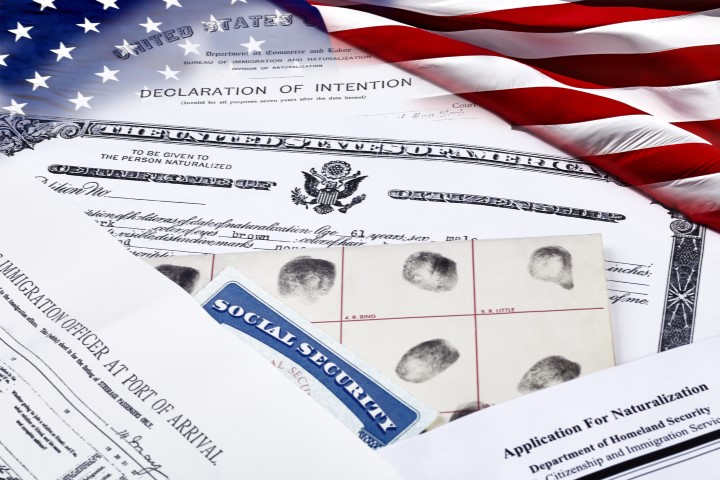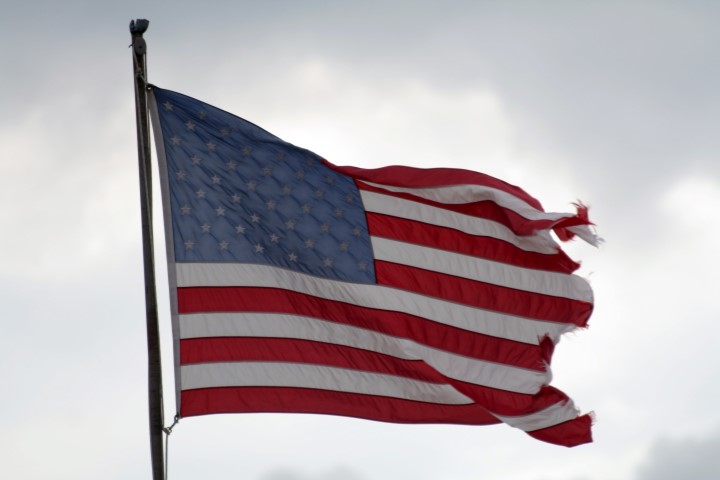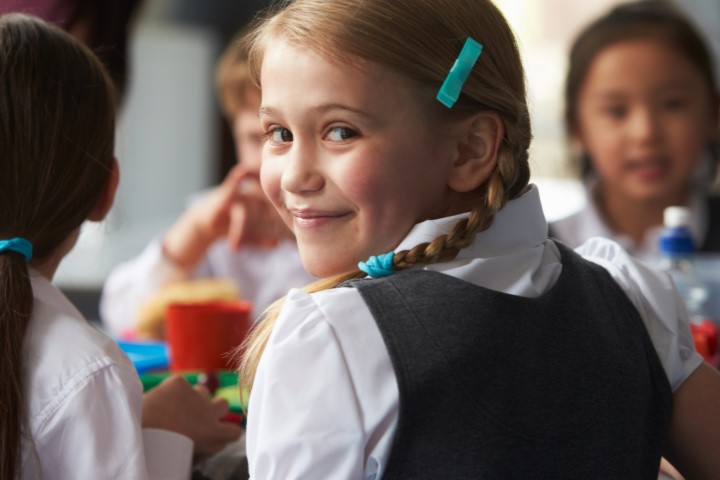A civil jury in Saratoga County, New York is considering whether officials at Oliver W. Winch Middle School and South Glen Falls school district is liable for the suicide of a 13-year-old student who was relentlessly bullied.
Jacobe Taras wrote his family a note before he took his own life with a shotgun on April 12, 2015, the Albany Times Union reports.
“I’m sorry but I can not live anymore,” Taras wrote. “I just can’t deal with all of the bullies, being called gay, (expletive), being told to go kill myself. I’m also done with being pushed, punched, tripped. I’m sorry for all that I put you through. I love you.”
The boy’s parents were stunned to learn the seventh-grader was relentlessly tormented at school on a daily basis with anti-gay slurs, shoves, and other attacks from his classmates. In one incident, his books were thrown into a shower, according to the news site.
The Taras family sued the district for failing to intervene, alleging school administrators and teachers were aware of the abuse and failed to act.
“They knew,” Christine Taras, the boy’s mother, told the Times Union in 2016. “Everybody know the bullying was going on. But it’s like, ‘Oh, they’re just being kids.’ That’s the school’s attitude. No. We’re sending our kids to school thinking they’re gonna be safe but it’s no longer a place to learn, it’s a place to fear.”
The district’s attorney, Malcolm B. O’Hara told the news site alleges school officials “did not cause or contribute to Jacobe’s death.”
A civil trial, overseen by state Supreme Court Justice Ann Crowell, will ultimately determine whether that’s the case or not, and opening arguments started this week. The district’s board of education, Principal Mark Fish, school counselor Terri Brown, gym teacher Jason Spector and teacher Susan Lieberman are named in the lawsuit.
Crowell rejected the district’s attempt to dismiss the case in April. Her ruling shows at least one student collaborates claims school officials were aware of the bullying, the Times Union reports.
In spite of what moral development researchers have been saying for some time, administrators often view school culture as a luxury not a necessity. James Davison Hunter warns, “What one can say with certainty is that America in the twentieth century witnessed a profound transformation in its moral culture and this transformation has significant consequences for the moral socialization of the young” (The Death of Character, p. 80). This will all change in an instant if administrators are held legally liable for their school’s culture. This case bears close attention.
According to the UK’s The Jubilee Centre the following quote outlines the rationale why character education is so important for schools to adopt. To quote The Jubilee Centre, “Many school administrators are realizing character education, once thought of as an intrusion on the school day, can actually help students perform better. A growing body of research supports its effectiveness, and educators say they’ve seen a difference in students when positive value lessons become part of the school’s culture.
“Good character education is good education,” said Marvin Berkowitz, a professor of character education at the University of Missouri-St. Louis.
“If kids come to schools where they feel valued, safe, and feel teachers have their best interests at heart, . they commit themselves,” said Marvin Berkowitz, a professor of character education at the University of Missouri-St. Louis. “They work harder, there are fewer distractions, and kids are more motivated. Of course they learn more.” A culture in which students feel safe would be one in which a student would not be bullied for any reason. More information on The Jubilee Centre’s rationale for teaching character in schools is available here.










